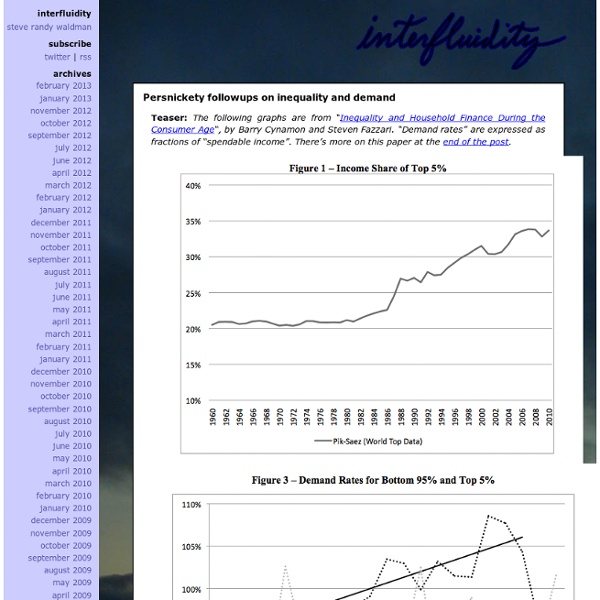



Economic Dreams - Economic Nightmares I spent most of my working life in the US Forest Service, battling fundamentalism. Most of the battles dealt with economics. My first job was to coordinate use of a linear programming model (FORPLAN) in the development of forest plans. The model may (or may not) have been useful in projecting overall timber sales volumes from big-timber forests, but to have used it as an overall planning model was a mistake. I remember one day in 1979, before I joined the Forest Service, having lunch with FORPLAN developer K. The FORPLAN Fiasco During the early years of US Forest Service "forest planning" (1979-1985, generally) there was a big problem with what we then called "analytical determinism." Rational-Planning Economics In about 1983 I took a step upward (so I thought) in the Forest Service, moving from Regional Operations Research Analyst to Regional Economist for the Intermountain Region. Ed Cone sums up the idea of "market worship", talking about the 2007-2008 financial implosion:
InvestorCentric New Monetarist Economics: QE2 is Irrelevant How can government policy make us better off? To bring about a welfare improvement, there must be some collective action we can take through our government that cannot be replicated by the private sector. The government must have some particular advantage in the activities it chooses in order to be doing anything useful. If the government is no better or worse than the private sector in some activity, then if the government engages in more of that activity this is irrelevant. Central banks were established because there was some consensus that the government (or quasi-government) has an advantage in supplying currency, and in running intraday payments systems. Ignoring payments systems issues for simplicity, the Fed's typical actions matter because of its monopoly on currency issue. Now, since November, the Fed has been engaged in something unusual - QE2 - which essentially involves swaps of interest bearing reserves for long-maturity Treasury bonds.
Across the Curve The Washington Monthly Intangible Wealth Is Canada Too Smug About Its Economic Future? Over the past four years, Canada has been feted as the country that does practically everything right. Its banks are beloved by everyone from economist Paul Krugman to Moody’s Investment Service (MCO), which rated them earlier this year as the safest in the world. While U.S. politicians bickered for years over free-trade deals with South Korea, Colombia, and Panama, Canadians signed several pacts and launched free-trade talks with 50 other nations. Yet there’s increased grumbling these days that not all is well north of the border—and not just because low interest rates and high housing prices have helped push household debt to the point where Canadians now owe an average of $1.52 for every dollar they earn. While Hodgson praises his homeland for its sound fiscal and monetary policies and conservative banking regulation, he writes that there are “numerous cracks in the Canadian facade.” I spoke with Hodgson on Monday to get a sense of how dire the outlook might be.
Banking on Hadoop: 7 Use Cases for Hadoop in FinanceBanking on Hadoop: 7 Use Cases for Hadoop in FinanceSmartData Collective Hadoop is present in nearly every vertical today that is leveraging big data in order to analyze information and gain competitive advantages. Many financial organizations firms are already using Hadoop solutions successfully and the ones who are not have plans to do so. If they don’t, they risk enormous market share loss. Fraud detection: Fraud, financial crimes and data breaches are some of the most costly challenges in the industry. Risk management: Every financial firm needs to assess risk accurately, and big data solutions enable them to to do so by effectively evaluating credit exposures. Contact center efficiency optimization: Ensuring customers are satisfied is of utmost importance when it comes to finances, and big data can help resolve problems quickly by allowing banks to anticipate customer needs ahead of time. Customer churn analysis: Everybody knows that it’s cheaper to keep a customer than it is to go out and find a new one.
TripleCrisis Irvine Housing Blog - Irvine Real Estate and Irvine Homes Daily chart: The world's shifting centre of gravity How the world's economic centre of gravity has shifted IT IS not exactly news that the world's economic centre of gravity is shifting east. But it is striking how fast this seems to be happening. Blog Today is Equal Pay Day, a reminder that women and men are not always compensated at the same rate. While the widely reported statistic that women, on average, earn 77 cents to every man’s dollar has been is a great indicator that women are put in situations every day that for a variety of reasons mean they earn less, it has been criticized for not measuring individuals of similar characteristics, such as age, occupation, education, or experience. To try to get a better understanding of the gender wage gap among specific age groups, and given that many high school and college seniors are on the brink of graduating and entering the labor force, I thought it would be interesting look at the gender wage gap by age and education, to see how women and men fare as they enter today’s unsteady labor market. To close the gender wage gap, women need to see real wage growth faster than their male counterparts.